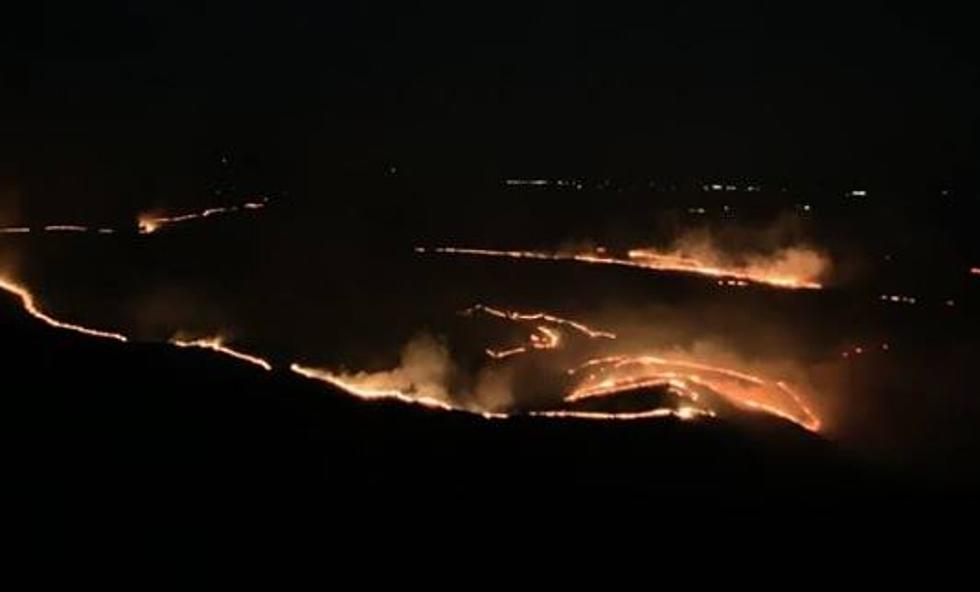
Water Resources Development Act Clears Senate
By a 93-1 vote, the Senate passed the Water Resources Development Act Thursday. The legislation looks to permanently adjust the cost-share ratio for Inland Waterways Trust Fund projects from the current 65% general revenues-35% IWTF funds to 75% general revenue-25% IWTF.
Cost share allocation changes for inland waterways projects often reduce overall project costs and allow projects to be completed faster. That allows communities and industries to realize the economic benefits of a project more quickly.
In June, the House passed its version of WRDA by a vote of 384-37.
“The Water Resources Development Act of 2022—the largest and most ambitious WRDA bill to date—demonstrates that when Congress works together, it can pass legislation on a bipartisan basis that benefits communities across the country," noted Chair of the House Committee on Transportation and Infrastructure, Oregon's Peter DeFazio. "WRDA 2022 helps provide much needed investment in ports, harbors, and inland waterways—easing supply chain problems—as well as flood mitigation infrastructure, and ecosystem restoration in both urban and rural communities alike. The bill also directs the Corps to carry out these projects in an economically and environmentally responsible manner, with an added emphasis on coordinating with state, local, and Tribal partners to execute projects equitably."
That bill didn’t include the same adjustment to cost-share allocations for IWTF projects. The two chambers will now begin conference negotiations to reconcile the difference between the two bills. The ASA says it will continue to advocate for the Senate version containing the adjustment.
Idaho Senators Jim Risch and Mike Crapo praised Senate passage of the WRDA. Both Republicans said the legislation will reinforce western water resilience and ensure the Army Corps of Engineers carries out water projects responsibly.
“It is critical we maintain the water facilities we already have, and I was proud to fight for language that protected the important energy, flood control, navigation, and irrigation benefits these Army Corps projects provide Idaho,” said Risch. “More broadly, WRDA will ensure the West is equipped to meet water resource challenges through improvements in flood control, ports, and inland waterways.”
“Good Neighbor Authority (GNA) plays a key part in preventing forest fires and is a prime example of what can be achieved when agencies work together to implement a shared vision of healthy, productive lands,” Crapo noted. “Collaboration between Senator Risch, Governor Brad Little, and me ensured this legislation will extend GNA to the Army Corps to protect more of Idaho’s precious land.”
Of particular importance to the Gem State, Risch and Crapo ensured the inclusion of an Idaho Good Neighbor Authority pilot project to reduce fire risk around projects in Idaho.
Risch also secured several other Idaho priorities in WRDA, including:
- A study to improve domestic flood control capability in the Northwest and reduce reliance on Canada.
- Channel maintenance to improve navigation capability at the Port of Lewiston.
- Language to prevent a Columbia Basin ecosystem study from being used as a back door to advocate for dam breaching.
If you have a story idea for the PNW Ag Network, call (509) 547-1618, or e-mail glenn.vaagen@townsquaremedia.com
More From PNW Ag Network









